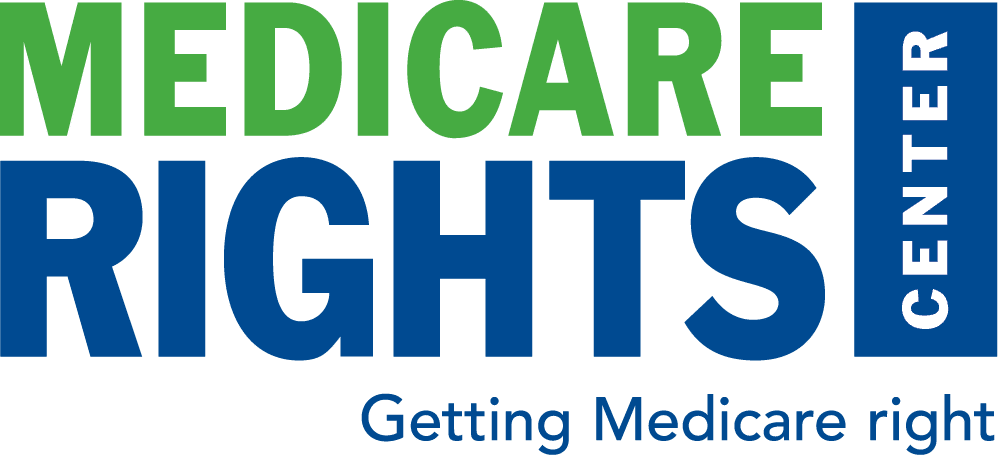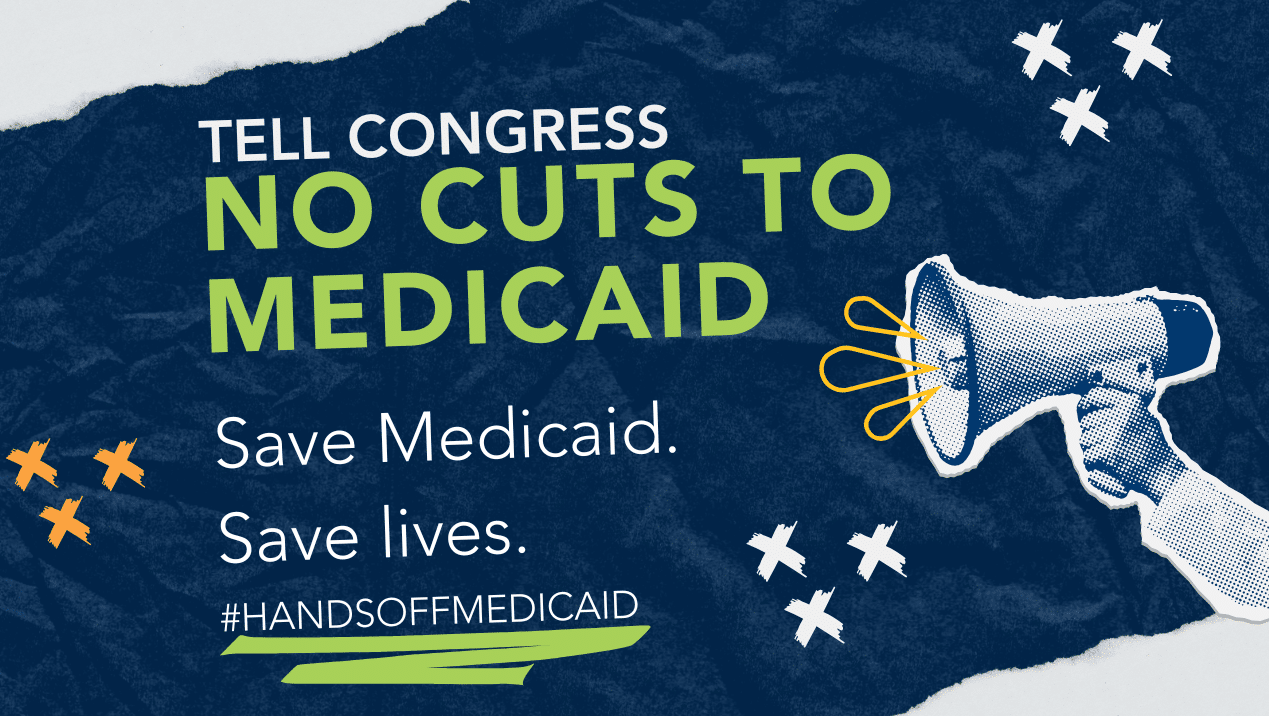Take Action: Tell your senators to reject harmful cuts to health care!
Highlighting Medicare Rights’ National Helpline Trends

In March, the Medicare Rights Center released its annual helpline trends report outlining ongoing challenges facing people with Medicare, heard through nearly 17,000 calls to the National Consumer Helpline. The report, Medicare Trends and Recommendations: An Analysis of 2016 Call Data from the Medicare Rights Center National Helpline, re-examines the top three recurring issues heard on the helpline in prior years.
Part B enrollment confusion, Medicare Advantage plan denials, and prescription drug costs continue to pose problems for people with Medicare. Samantha Morales, associate director of client services, and Julie Carter, federal policy associate, who authored the report, illustrate these trends with client stories. The stories and data highlight how helpline counseling informs Medicare Rights’ work with partners, policymakers, and the Centers for Medicare & Medicaid Services (CMS) to address persistent issues and create change.
Medicare Rights helpline counselors responded to over 1,000 questions about Medicare Part B enrollment in 2016. One client, Ms. B, was undergoing cancer treatment when she was left without health insurance due to misinformation from her employer about coordination of benefits with COBRA and Medicare. To help prevent enrollment mistakes like Ms. B’s, Medicare Rights developed the Beneficiary Enrollment Notification and Eligibility Simplification (BENES) Act, bipartisan legislation which would modernize and simplify the Part B enrollment process. Hearing the real life struggles of people with Medicare firsthand helps Medicare Rights prioritize clients’ concerns in our policy work.
Similar to previous years, coverage- and denials-related calls were most common, representing 34% of all helpline calls in 2016. Many people with Medicare Advantage (MA) plans are denied coverage for receiving care from out-of-network providers. Some live in rural areas far from in-network doctors, and others face long wait times. Questions related to Medicare affordability are also frequent, representing 20% of 2016 calls. “Specialty tier” prescription drugs in particular present challenges, as current regulations exclude them from cost reductions. Medicare Rights urges a change to these rules that unfairly penalize people who need specialty drugs. We are listening to client needs, and we will continue our efforts to improve consumer education surrounding MA plans and to support health care affordability.
Although Part B enrollment, Medicare Advantage plan networks, and prescription drug affordability remain persistent issues, Medicare Rights continues to work on behalf of its clients—and all people with Medicare—to address them. Its dedicated helpline staff and volunteers assist clients one at a time, while the policy team takes what they learn from the helpline to the nation’s capital to incite change for people with Medicare.
Show Comments
Help Us Protect & Strengthen Medicare.
Donate today and make a lasting impact.
The Latest
Most Read
Add Medicare to Your Inbox
Sign up to receive Medicare news, policy developments, and other useful updates from the Medicare Rights.
View this profile on InstagramMedicare Rights Center (@medicarerights) • Instagram photos and videos









